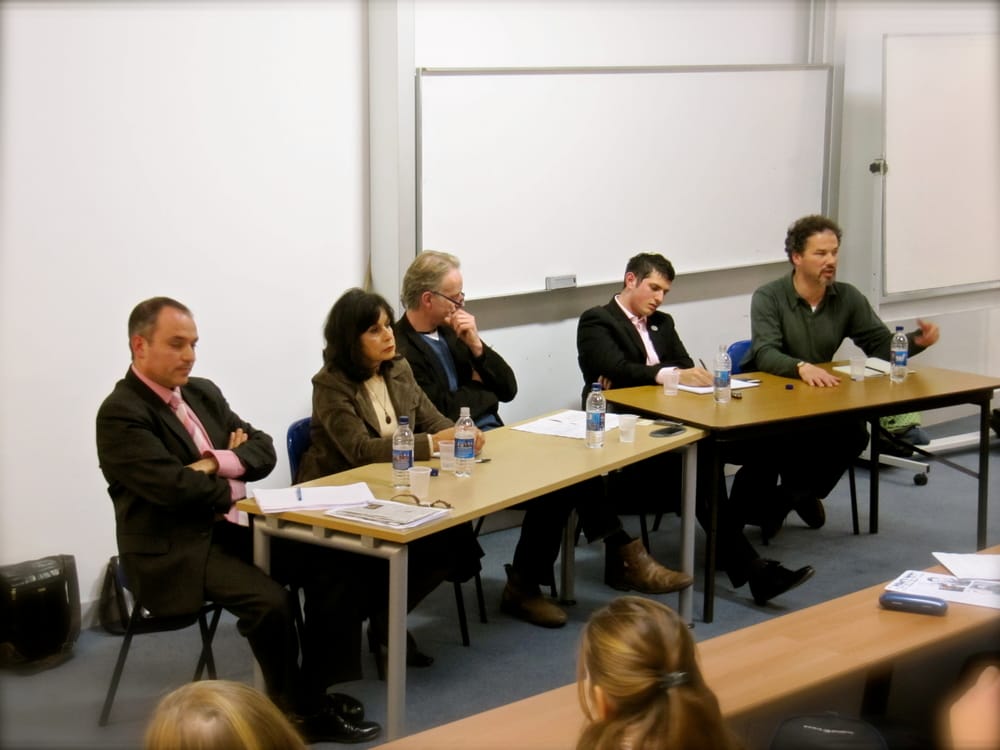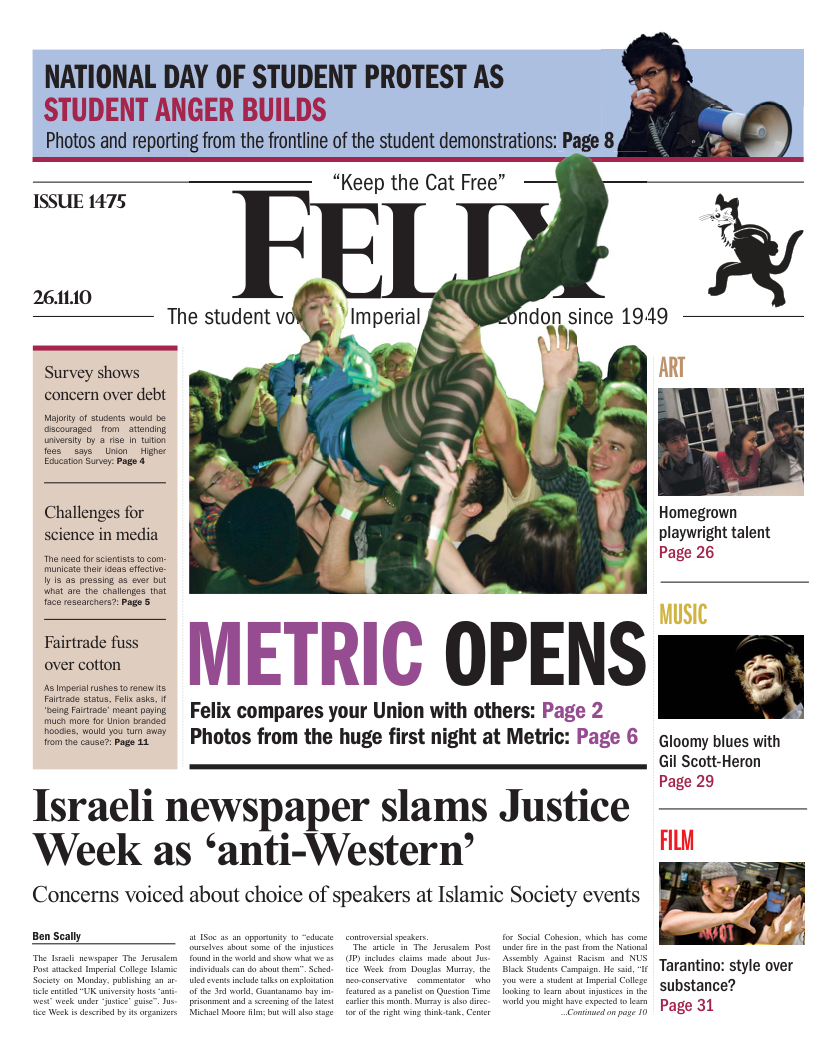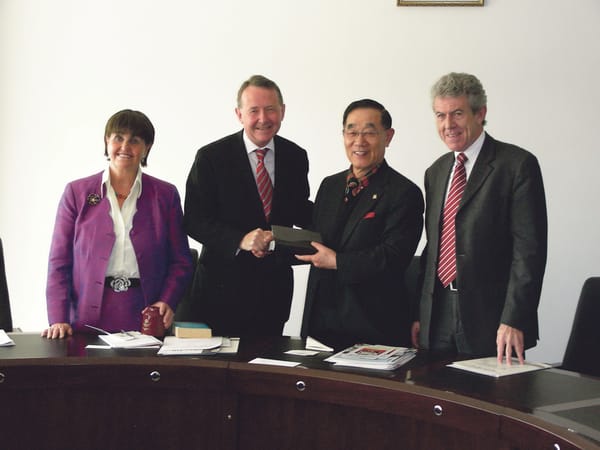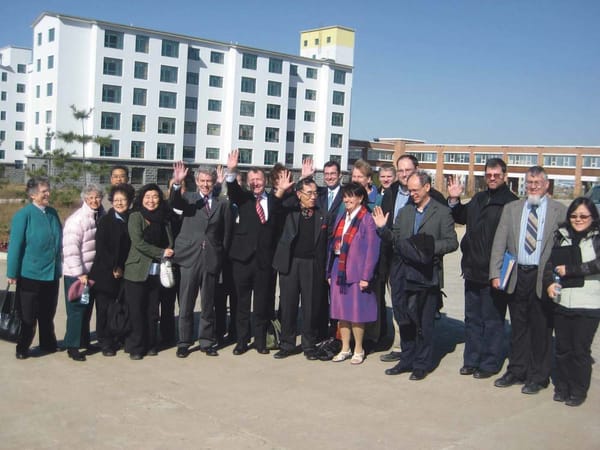Debating Israel and Palestine
Debating Israel and Palestine

Last Tuesday IC Debating Society, Israeli Society and Palestinian Society collaborated, bringing together four prominent speakers to discuss the Israeli-Palestinian conflict under the title: “The Debate for Peace”.
In his closing remarks, Dan Judelson, former chair of Jews for Justice for Palestinians, echoed the feelings of many in the room by describing the event as “one of the most good-natured discussions I’ve ever had on the subject.” While such debates often tend to regress into partisan heckling, Tuesday’s event managed, for the most part, to develop a more mature dialogue. In addition to the speakers, the organisers are to thank for this who, anticipating the difficulties of such an event, took steps to ensure the format was as non-adversarial as possible.
Mr. Judelson was joined by Ran Gidor of the Israeli embassy in London, Ghada Karmi of the Institute of Arab and Islamic Studies and Joel Braunold of OneVoice, a movement working towards a peaceful resolution of the Israeli-Palestinian conflict.
Unsurprisingly, the major issues such as settlements, security and refugees featured prominently. Mr. Braunold lamented that “at the moment all Palestinians can see is settlements expanding.” But Mr. Gidor countered these arguments, referring to past experience with disengagement in Gaza and stating: “No Israeli government which is democratically elected is going to voluntarily commit political suicide by evacuating the settlements without getting a peace treaty in return.”
On the subject of occupation, Mr. Braunold said near the beginning of the debate: “Israel will not enjoy security as long as it is occupying the Palestinians. It cannot.” Israeli security – an issue many of her citizens feel very strongly about – was raised on a number of occasions. Mr. Braunold maintained that occupation and security were “two sides of the same coin.” And in his closing remarks, Mr. Gidor stated plainly: “occupation is wrong.”
The debate covered issues too numerous and too complex to cover adequately in this space. To name but a few: the power asymmetry between the two sides, the role of the United States in the peace process and the plausibility of a single-state solution. This is not, and nor should it be, a comprehensive report of the event; you just “had to be there.”
At the start of the discussion, Mr. Judelson stressed the importance of people putting their individual narratives aside in order to make progress towards a workable compromise. However, as the debate wore on, sectarian disputes over history, from both sides, started to take hold. Mr. Braunold interjected with a sincere “plea” to the audience: “There are people with different opinions in here, and you will never be able to agree on the history of things … Stop point scoring. It won’t help anyone.”
This captures the essence of what made the debate so successful. There was a fair amount of “point scoring” from both sides; but there was also a good deal of real, honest, constructive dialogue; dialogue aimed at a lasting peace agreement, rather than a temporary feeling of moral superiority. No side “won”, but everyone gained something.








